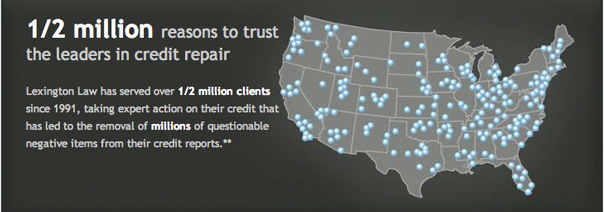You have a legal right to an accurate credit report! There are two acts, the FCRA (Fair Credit Reporting Act). And the FDCPA (Fair Debts Collections Practices Act). These two acts were set up to protect your credit rights. What they essentially do for you is hold your creditors and credit bureaus responsible-legally. Which means every claim made against your credit must be backed up and proved by your creditors!
Many details must be proven by your creditors in order for negative marks to remain on your record. These details are almost always either overlooked or so outdated that the creditor will not have the man power to locate them. By law, the negative marks have to be removed from your credit report if they can not be backed up by your creditors.
2. What Poor Credit Can Cost You?
It is a known fact that Poor Credit Rating is the number one cause for consumers losing home loans, auto loans, and even jobs ... 70 million Americans suffer from negative credit! Most of us realize too late the impact bad credit can have on our lives. Reality is that our entire lives revolve around our credit reports.
With a poor credit rating:
- You will pay higher interest rates for any type of loan. That is if you manage to qualify for a loan at all
- You may be passed up for the job of your dreams. Now, more than ever, employers rely on credit reports when selecting candidates for employment
- You may not get the apartment you wanted. Landlords are very cautious and use credit reports to help determine who they should and shouldn't rent to
3. What is the role of the Consumer Reporting Agencies and how do they affect your credit?
The three major credit reporting agencies, also called Consumer Reporting Agencies (CRA's) are for profit corporations that collect and sell your private personal information, to creditors, landlords, insurers, employers, and companies that solicit you for credit and insurance offers. When you apply for a loan of any kind, the creditor pulls your credit report from at least one of these bureaus. There are many other credit bureaus throughout the United States, but they are mainly affiliated with one of the major three.
The credit bureaus are money-making businesses NOT government agencies! Their goal is to gather, maintain and sell financial information about consumers.
Read More...



